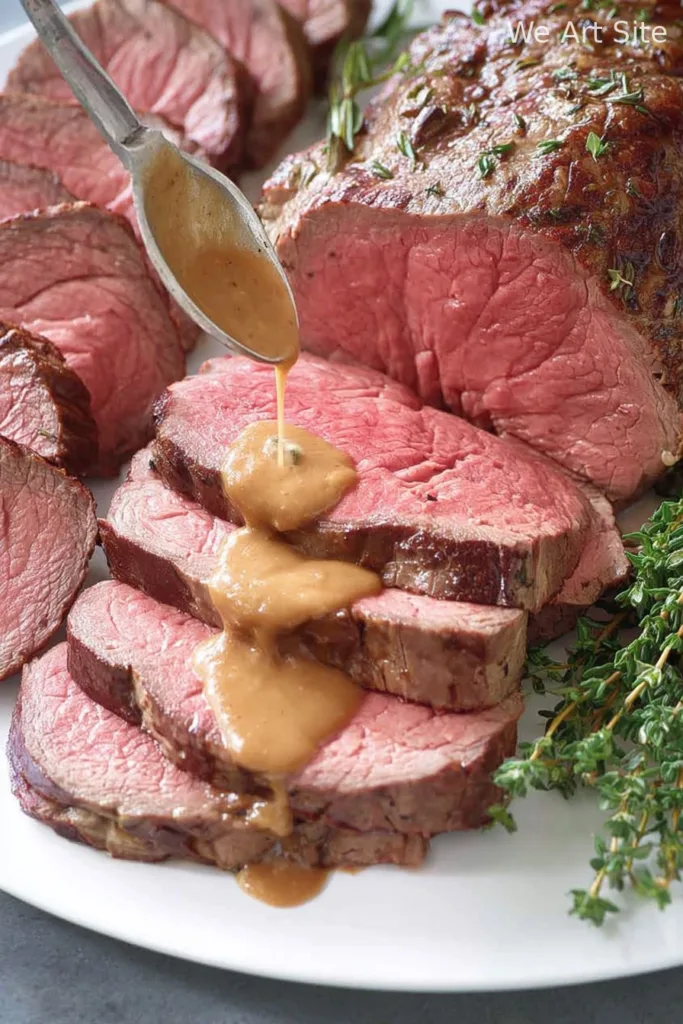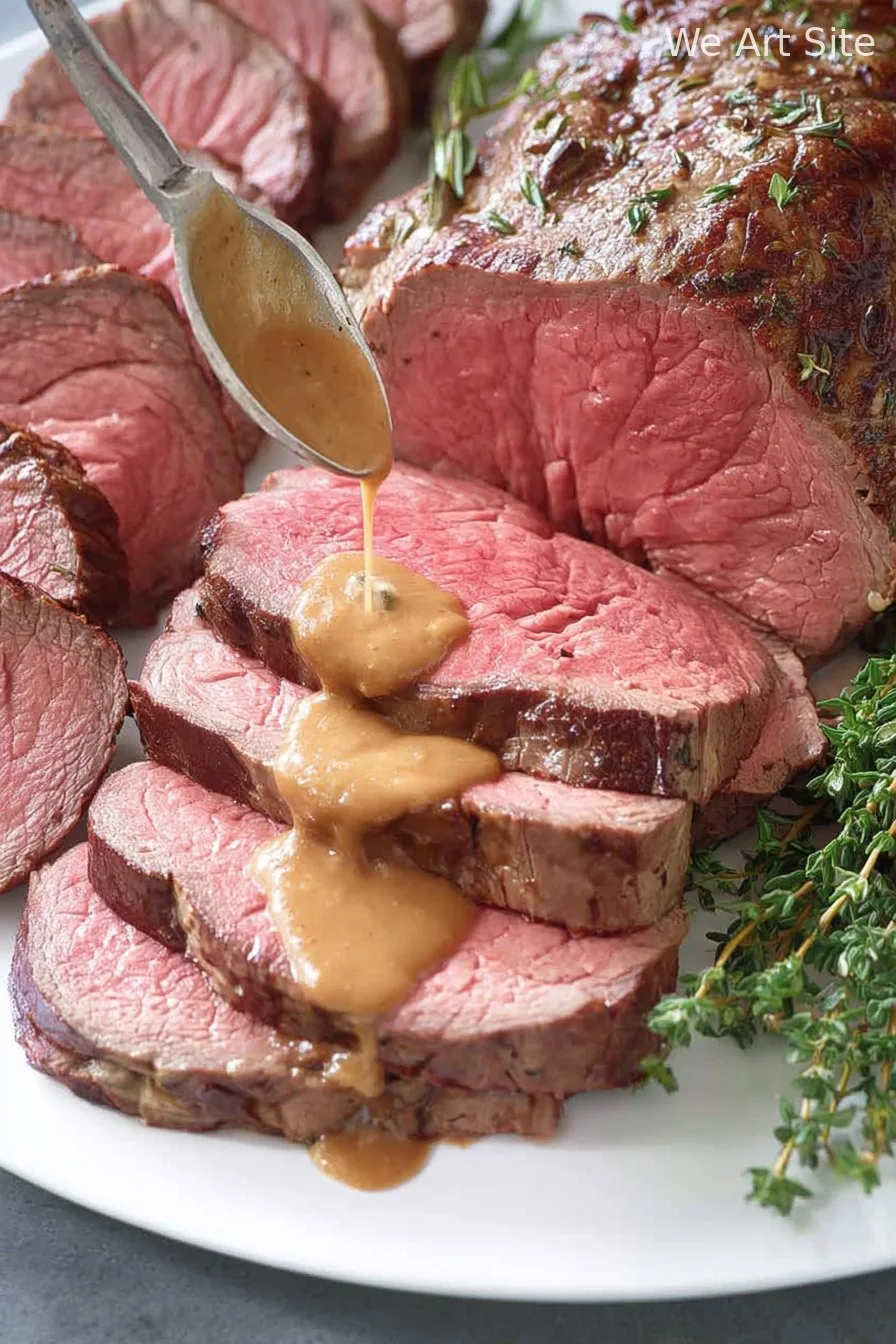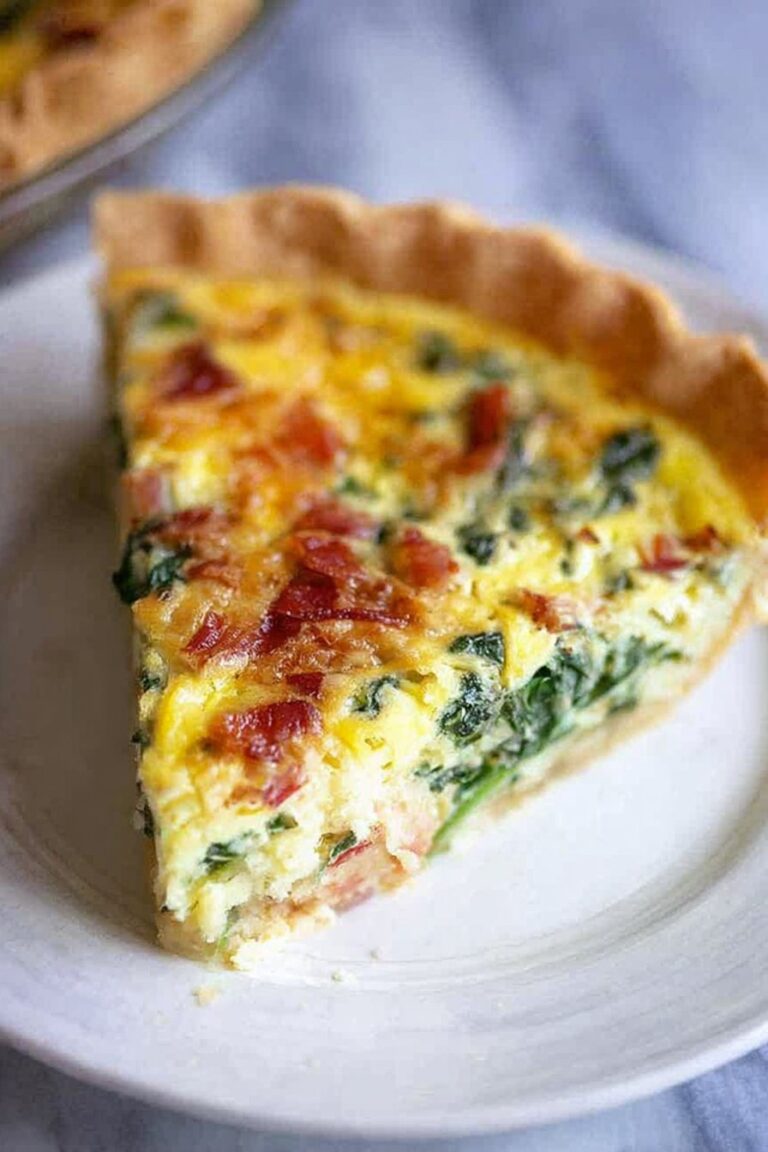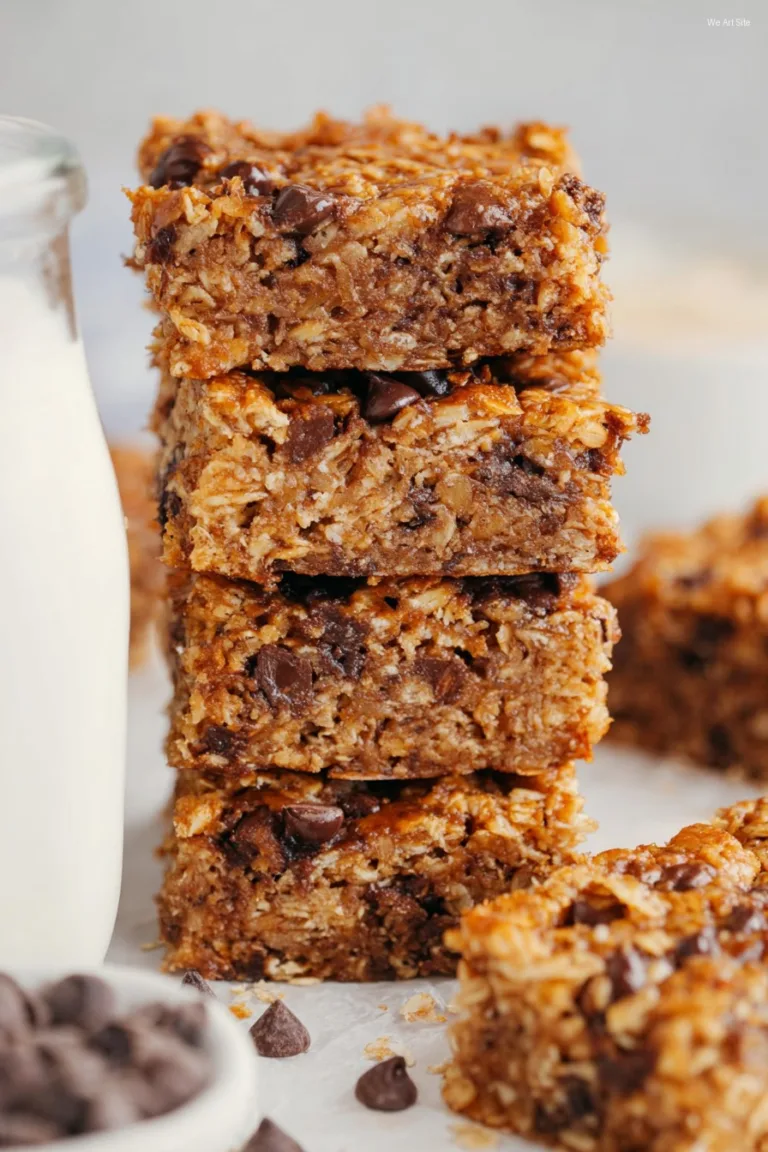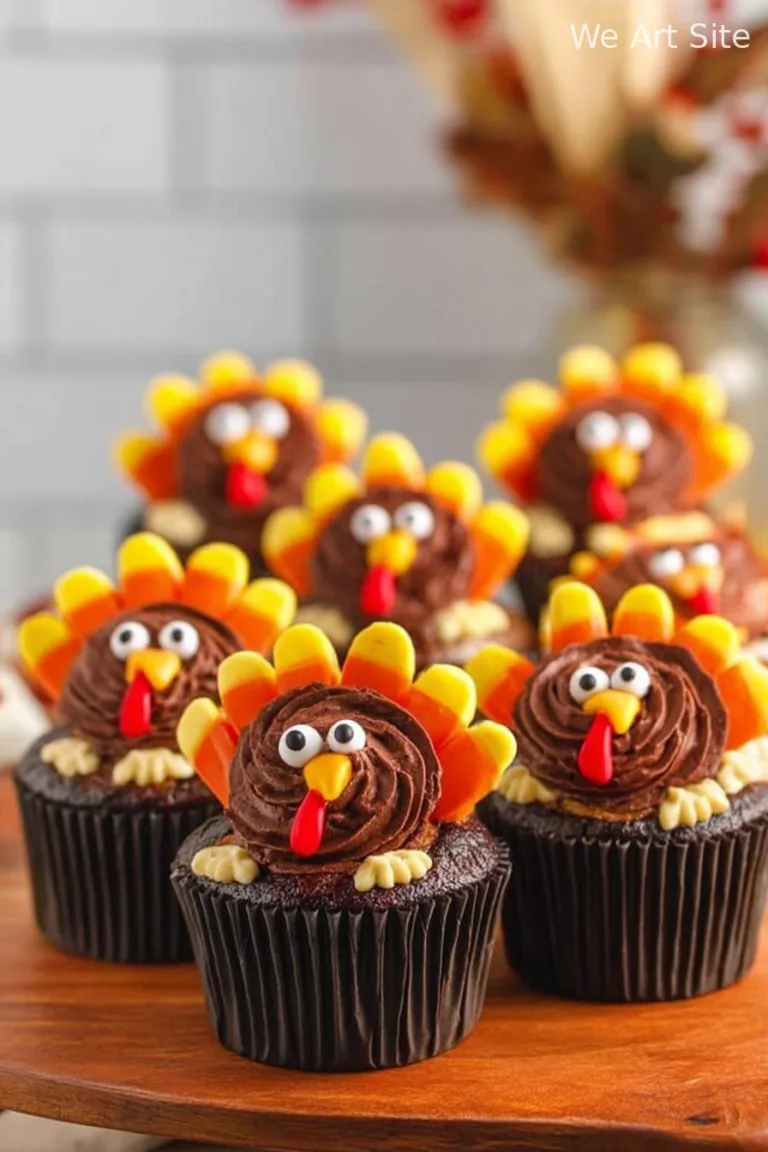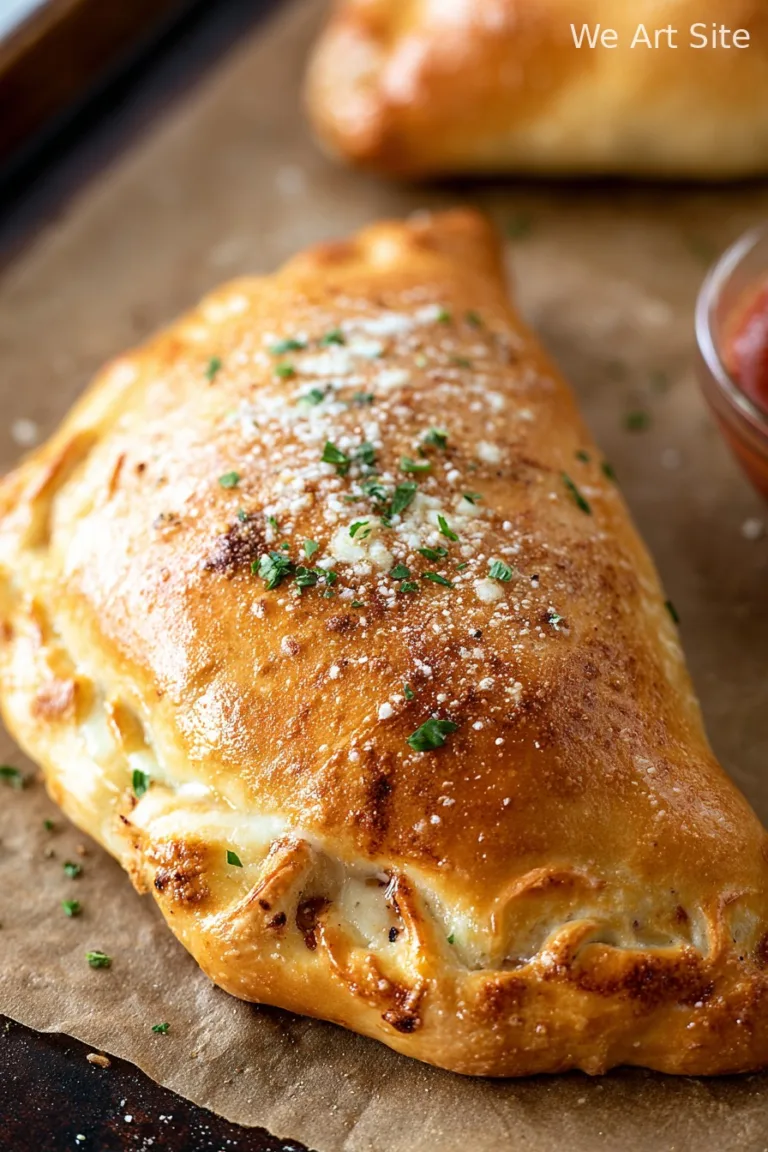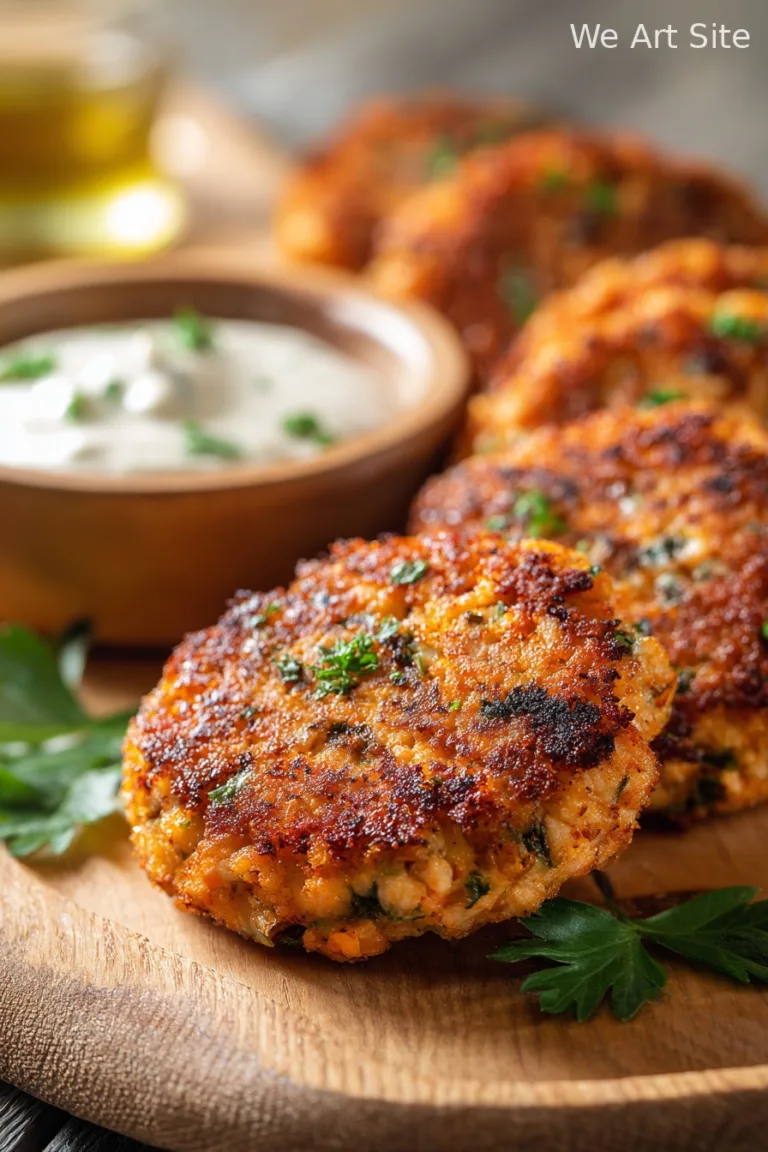Hey y’all! If you’re searching for a show-stopping main dish that’s melt-in-your-mouth tender and fit for a feast, this Beef Tenderloin Roast recipe is exactly what you need. Whether it’s a special holiday, family gathering, or a decadent Sunday dinner, this beef tenderloin promises juicy, buttery perfection with every bite. It’s so easy, anyone can pull it off—let’s get cooking!
Why You’ll Love This Beef Tenderloin Roast
- Incredibly Tender: The beef tenderloin is famously soft, making every slice incredibly juicy and succulent.
- Impressive Presentation: A whole roast looks gorgeous on the table—perfect for holidays or celebrations.
- Simple Ingredients: You only need a few pantry staples to let the beef’s natural flavors shine.
- Quick Cooking: Ready in just about an hour from start to finish, including prep!
- Versatile Leftovers: Leftover slices make amazing sandwiches or salads the next day.
Ingredients for Beef Tenderloin Roast
- 1 whole beef tenderloin (about 3-4 lbs), trimmed
- 2 tablespoons olive oil
- 2 teaspoons kosher salt
- 1 1/2 teaspoons black pepper
- 4 cloves garlic, minced
- 2 tablespoons fresh rosemary, finely chopped
- 1 tablespoon fresh thyme, finely chopped
- 2 tablespoons unsalted butter, softened
- Cooking twine (for tying the roast)
Beef Tenderloin Roast Directions
Step 1: Prepare the Beef Tenderloin
Pat the beef tenderloin dry with paper towels. If not already done, trim any excess silver skin or fat. Tie the tenderloin with kitchen twine at 2-inch intervals to ensure even cooking and a beautiful shape.
Step 2: Season and Rest the Beef Tenderloin Roast
Rub the entire roast with olive oil. In a small bowl, combine salt, pepper, garlic, rosemary, and thyme. Generously massage the seasoning mixture all over the beef tenderloin. Let it rest at room temperature for 30 minutes to encourage even roasting.
Step 3: Sear the Beef Tenderloin Roast
Preheat your oven to 425°F (218°C). Heat a large oven-safe skillet (cast iron works best) over medium-high heat. Add butter and sear the beef tenderloin on all sides until deeply browned, about 2 minutes per side.
Step 4: Roast
Transfer the skillet with the beef tenderloin to the preheated oven. Roast for 20-25 minutes, or until a meat thermometer inserted in the thickest part reads 125°F (51°C) for rare, 130°F (54°C) for medium-rare, or 135°F (57°C) for medium. Cooking times can vary, so always rely on a thermometer for best results.
Step 5: Rest and Carve
Remove from oven, tent loosely with foil, and let the beef tenderloin roast rest for 15 minutes. This ensures maximum juiciness. Remove twine, slice against the grain into thick, luscious pieces, and serve.
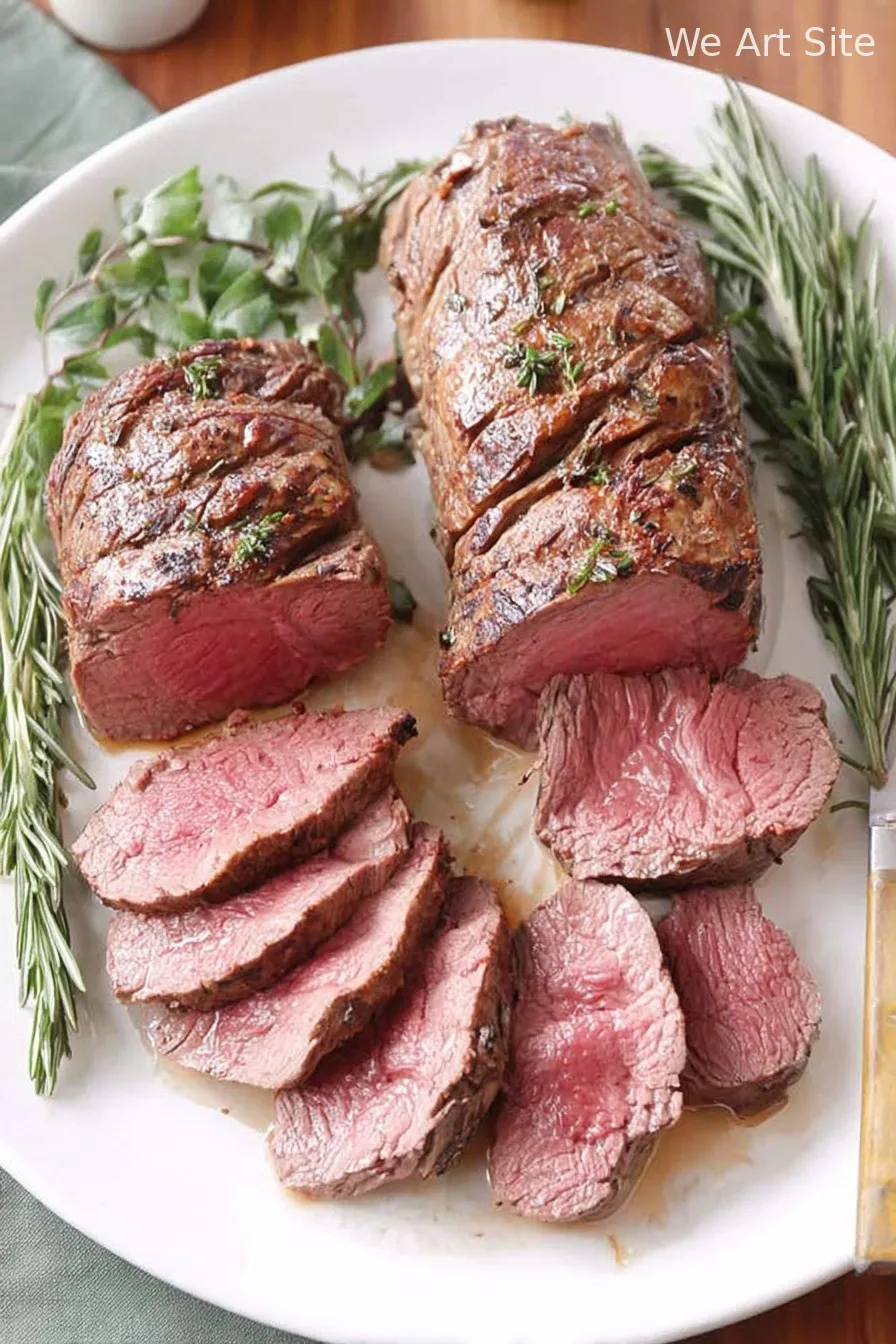
Notes for Making the Best Beef Tenderloin Roast
- Tying the roast helps it cook evenly and look attractive – check out this guide to tying a roast.
- Letting the meat come to room temperature before cooking prevents a cold center.
- Always use a reliable meat thermometer for perfect doneness; learn why that’s crucial at Beef. It’s What’s For Dinner.
Beef Tenderloin Roast Variations
- Pepper-Crusted: Coat the roast with cracked peppercorns for a spicy crust.
- Garlic-Herb Butter: Slather the roast with a mixture of softened butter, garlic, and parsley before roasting.
- Red Wine Pan Sauce: After roasting, use drippings to make a rich sauce by deglazing the pan with red wine and beef broth.
Required Equipment for Beef Tenderloin Roast
- Sharp chef’s knife
- Kitchen twine
- Large oven-safe skillet or roasting pan
- Meat thermometer
- Measuring spoons
Storage Instructions for Beef Tenderloin Roast
Store leftover beef tenderloin in an airtight container in the refrigerator for up to 4 days. For longer storage, freeze tightly wrapped slices for up to 2 months. Reheat gently to preserve the tender texture—avoid microwaving, as it can make the meat tough.
Pairings & Serving Recommendations for Beef Tenderloin Roast
- Serve with classic sides like creamy mashed potatoes, roasted vegetables, or a crisp green salad.
- A rich red wine like Cabernet Sauvignon or Merlot pairs beautifully with the beef’s savory flavors (see pairing ideas).
- Top each slice with a dollop of horseradish cream or a drizzle of balsamic reduction for an extra touch.
Pro Tips for the Best Beef Tenderloin Roast
- Always rest the roast after cooking for the juiciest results.
- Sear the beef at high heat to lock in flavors and develop a crave-worthy crust.
- Try dry-aging the beef in the refrigerator for 24 hours before cooking for enhanced umami (learn more about dry-aging here).
Beef Tenderloin Roast FAQ
- How do I know when my beef tenderloin roast is done?
- Always use a meat thermometer—aim for 125°F for rare, 130°F for medium-rare, or 135°F for medium, checking at the thickest point.
- Can I prepare beef tenderloin roast in advance?
- Yes! Season and tie the tenderloin the day before, then cover and refrigerate until ready to sear and roast.
- What if I don’t have fresh herbs?
- You can substitute 2 teaspoons each of dried rosemary and thyme, but fresh herbs will provide a more vibrant flavor.
Prep Time: 20 minutes
Total Time: 1 hour 10 minutes (including resting and roasting)
Serves: 6-8
Ingredients
- 1 (3-lb) beef tenderloin roast, trimmed
- 2 tablespoons olive oil
- 2 teaspoons kosher salt
- 1 teaspoon freshly ground black pepper
- 3 garlic cloves, minced
- 2 tablespoons fresh rosemary, chopped
- 1 tablespoon fresh thyme, chopped
- 2 tablespoons Dijon mustard
Instructions
-
1Preheat oven to 450°F (230°C). Pat the beef tenderloin dry with paper towels.
-
2Rub the roast evenly with olive oil, salt, and pepper. In a small bowl, mix together garlic, rosemary, thyme, and Dijon mustard; spread the mixture all over the beef.
-
3Place the tenderloin on a rack in a roasting pan. Roast for 40 minutes or until an instant-read thermometer inserted into the thickest part reads 130°F (54°C) for medium-rare.
-
4Transfer the roast to a cutting board, tent loosely with foil, and let rest for 15 minutes before slicing.
-
5Slice and serve warm. Enjoy your perfectly roasted beef tenderloin!
Approximate Information for One Serving
Nutrition Disclaimers
Number of total servings shown is approximate. Actual number of servings will depend on your preferred portion sizes.
Nutritional values shown are general guidelines and reflect information for 1 serving using the ingredients listed, not including any optional ingredients. Actual macros may vary slightly depending on specific brands and types of ingredients used.
To determine the weight of one serving, prepare the recipe as instructed. Weigh the finished recipe, then divide the weight of the finished recipe (not including the weight of the container the food is in) by the desired number of servings. Result will be the weight of one serving.
Did you make this recipe?
Please consider Pinning it!!

